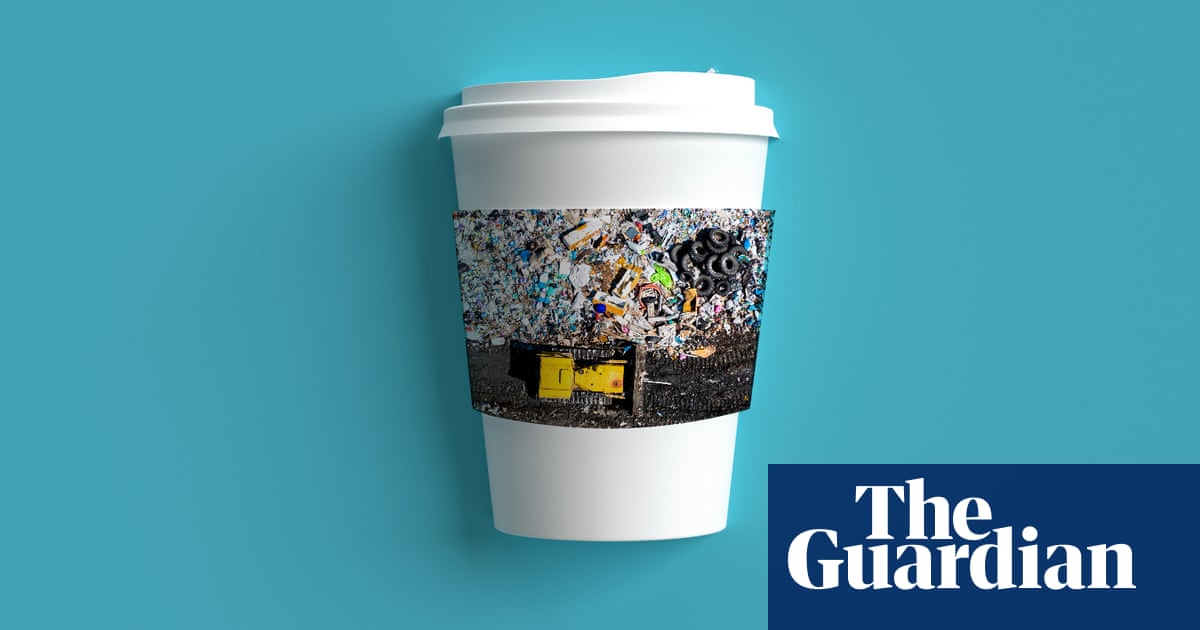
Sophie Slater puts her clothes in the freezer. Or sprays them with a vodka and water solution. “And I often hang my dresses or blouses up in the shower to steam and air if they’ve been worn a few times,” she says, listing alternative techniques to using a washing machine. As the founder of the slow fashion brand Birdsong London, Slater recommends washing clothes as little as possible.
It’s easy to see why. Caring for our clothes – where washing is the dominant process – accounts for 25% of each garment’s carbon footprint. Yet, research from the charity Wrap shows that by increasing the life of all clothing by nine months – wearing what we own for longer, rather than sending it to landfill or buying new items – would reduce the annual carbon, water and waste footprint of clothing by 20-30% in the UK.
The challenge lies in keeping existing clothes looking fresh, without throwing them into the washing machine at the first sight of a dirty mark. In addition to Slater’s advice, simple steps such as skipping one in six washes, swapping every sixth dryer usage with open-air drying, and washing below 30C could save as much as 186 tonnes of carbon emissions, according to a report by the consultants McKinsey.
Fashion brands have a fundamental role to play in supplying better information to consumers on clothing care labels. But individuals can also effect change – it’s a question of mindset. “There is a clear connection between the way we care for our clothes and their impact on the planet, because in the age of the Anthropocene we want everything to be quick and efficient,” says Orsola de Castro, founder and global creative director at Fashion Revolution, the not-for-profit global movement.
“But efficient for us doesn’t mean that it’s good for the planet. So don’t just assume that your clothes are dirty because they have been worn. There are several ways to avoid washing when it’s not fully needed. And when you do wash, wash with knowledge, according to the clothing components, at the lowest possible temperature.”
The composition of our clothes matters – the more natural the fibres, the less harmful the washing process is to the environment. Half a million tonnes of plastic microfibres are shed each year during the washing of synthetics such as nylon, polyester and acrylic – a major contributor to ocean pollution. In fact, 35% of primary microplastics entering the ocean are released through the washing of synthetic textiles.
“Having spent years working in retail as a shop assistant, I believe in getting to know your fibres so that your clothes last for longer,” Slater says. “Do some research and find out more about the fibres on your label. Natural fibres don’t make us sweat as much or break out in a rash like synthetics can. So use detergents that don’t gobble up the fibres and make them weaker.”
To help us care for our clothes, and the planet, Ecover, the ecological cleaning brand, has relaunched its laundry detergents made with biodegradable and plant-based ingredients. Ecover’s new bio detergent includes enzymes that revive colours and brightness, and remove bobbles from cotton fibres after multiple washes, to help clothes last longer. The brand has also relaunched its non-bio laundry detergent with a powerful plant-based ingredient that helps prevent the greying of white clothes. All ingredients are vegan-friendly.
“Fashion waste is hurting our planet, accounting for more carbon emissions than all flights and shipping combined,” says Charlotte Snelgrove, Ecover’s senior brand manager. “Ecover’s bio laundry detergent is designed to help bring old clothes back to life so people can wear them for longer. We hope to challenge consumers to liberate the value of the clothing they already own and wash right, wear more and waste less.”
Ecover laundry bottles are made from 100% post-consumer recycled PET plastic and are widely recyclable. It’s possible to buy Ecover products in 5l containers or to take your own bottles to refill stations in stores across the UK – find one at ecover.com/refill.
“We need to consider our clothing’s longevity if we want to slow down the system,” says de Castro. “And the way we care for the clothes we already own is fundamental to decrease their negative impact.”












